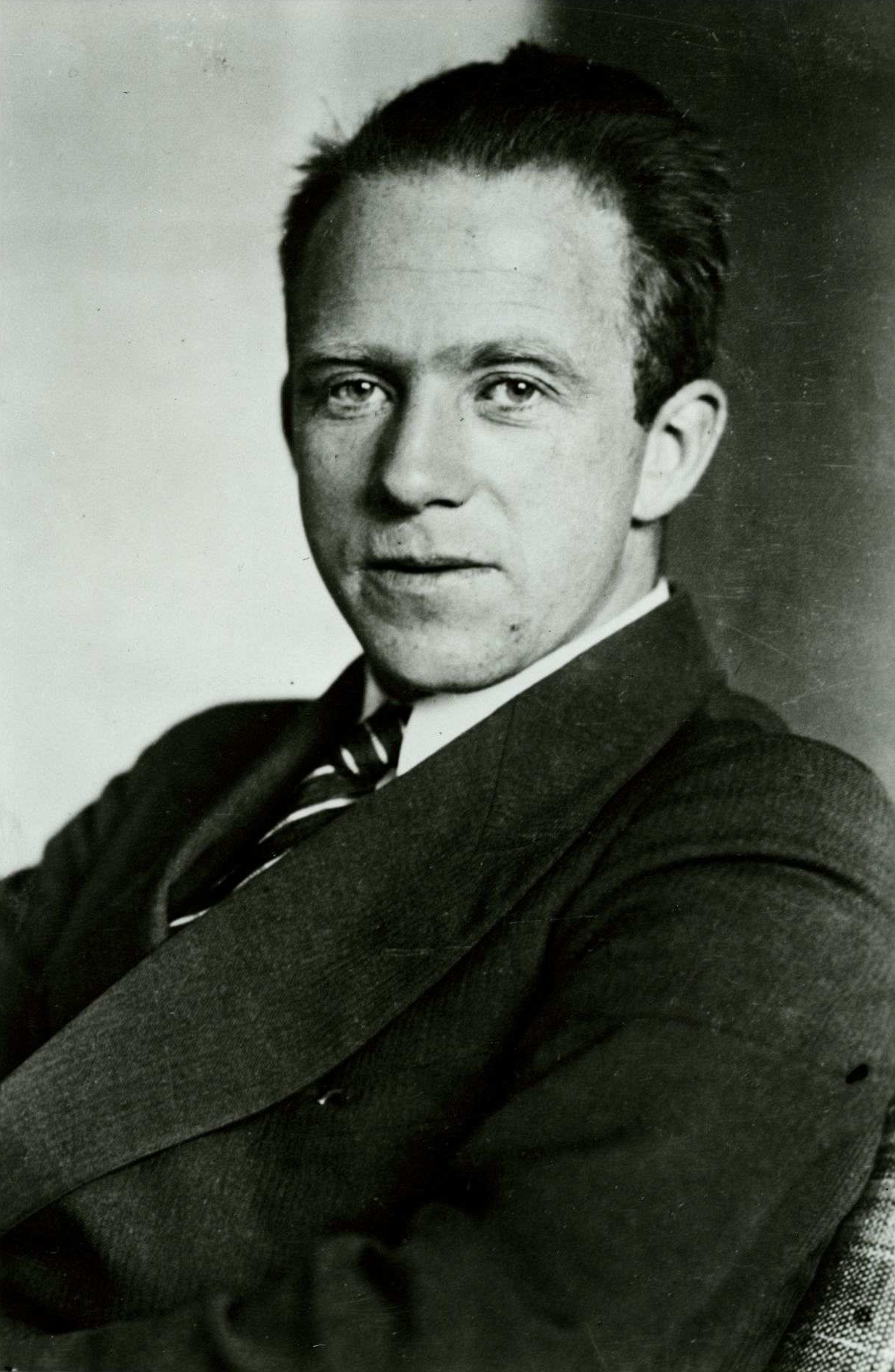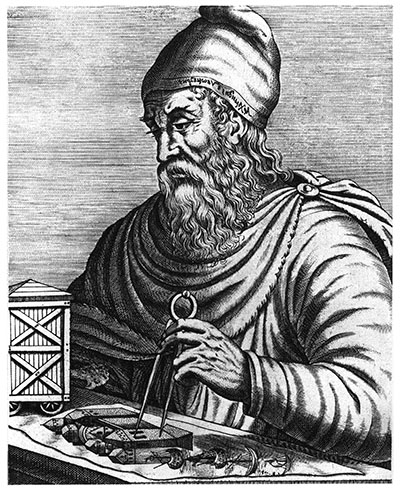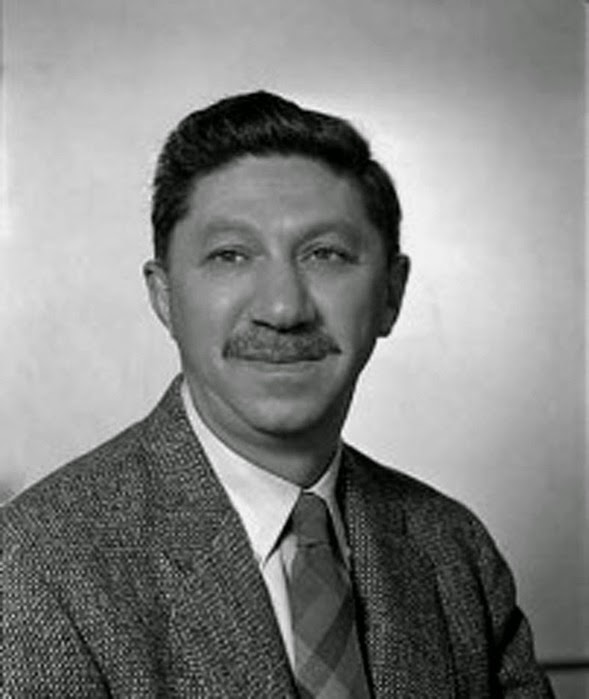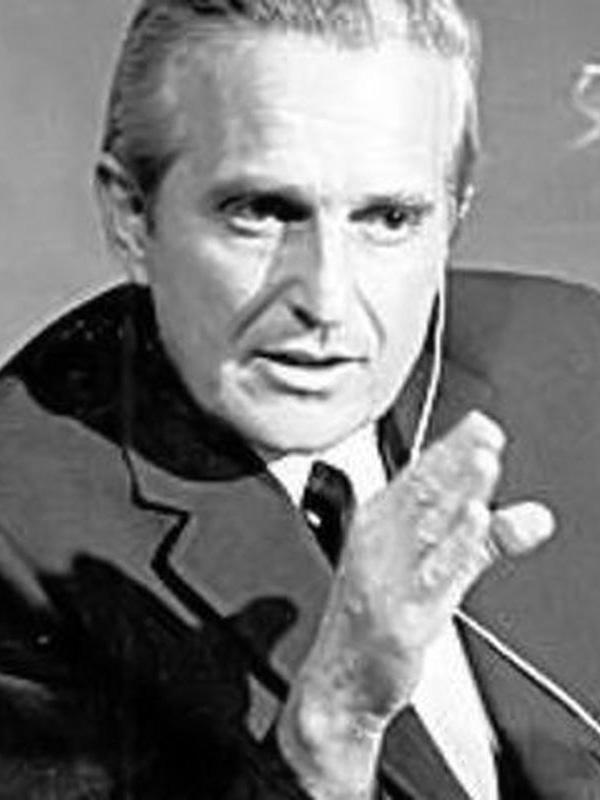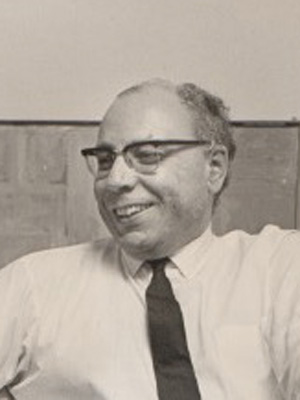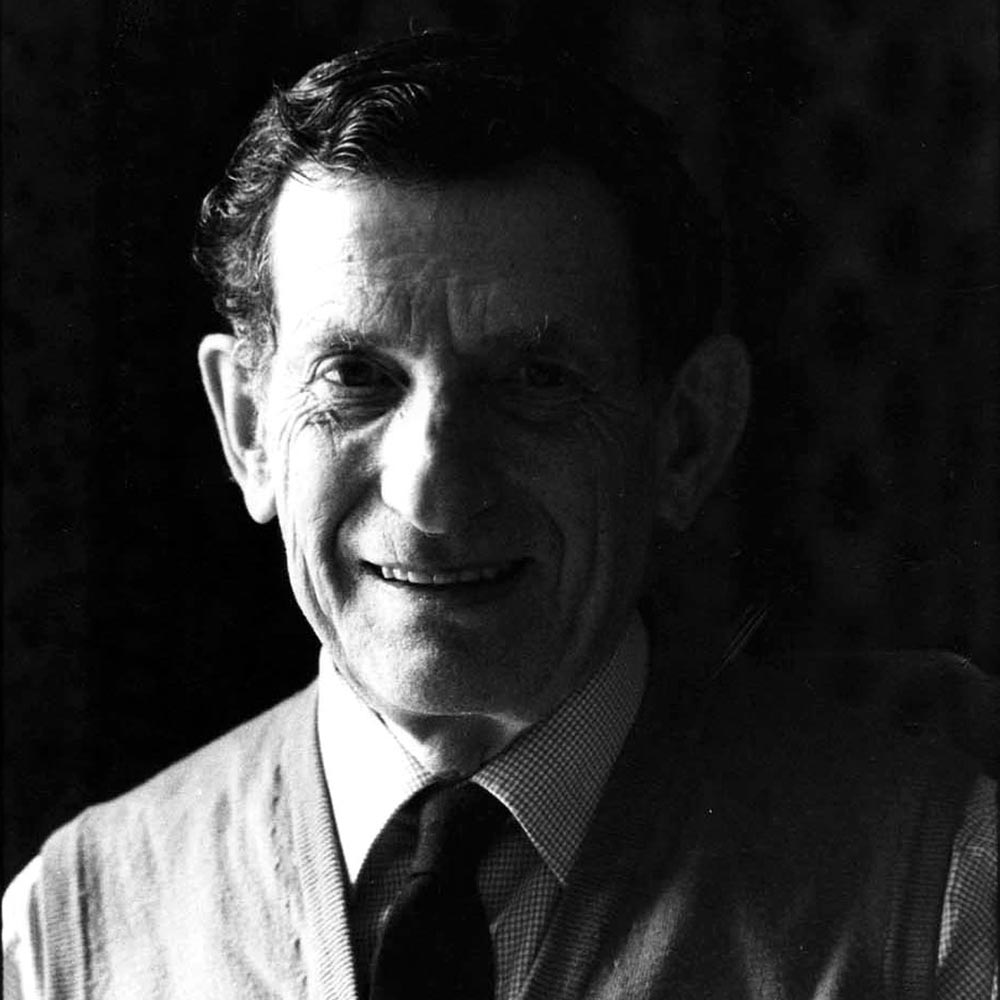N-keywords
Contents
Keywords
Keywords are custom-defined words.
They allow us to speak in new ways. Like early science.
Paradigm
I use the word paradigm informally to point to a general societal and cultural order of things where everything depends on everything else; and to the fractal-like structure that paradigms tend to have—where even the smallest detail reflects the overall shape of the whole big thing. And also—more formally—as Thomas Kuhn did; to point to a (1) different way to conceive of a domain that (2) resolves the reported anomalies and (3) opens up a new domain for research and development.
The Liberation book begins with the iconic image of Galilei in house arrest whispering "And yet it moves!" and develops an analogy—between that historical moment when a sweeping paradigm shift was about to happen and our own time—from the Middle Ages to Enlightenment and Modernity; and develops an analogy with our contemporary condition—where again the paradigm is ready to shift; because what we "know" demands it. focus on comprehensive paradigm shift; because (paradoxically) comprehensive change can be easy (when conditions for it are ready)—even when small and obviously necessary changes have been impossible.
The point here is that the paradigm is ready to shift. We have all the knowledge. Reported fundamental anomalies demand it.
(Werner Heisenberg, Physics and Philosophy, 1958)
Fundamental discoveries demand paradigm change.
Heisenberg: Described how physics did it. Continues: "This frame was supported by the fundamental concepts of classical physics, space, time, matter and causality; the concept of reality applied to the things or events that we could perceive by our senses or that could be observed by means of the refined tools that technical science had provided. Matter was the primary reality. The progress of science was pictured as a crusade of conquest into the material world. Utility was the watchword of the time.
On the other hand, this frame was so narrow and rigid that it was difficult to find a place in it for many concepts of our language that had always belonged to its very substance, for instance, the concepts of mind, of the human soul or of life."
Heisenberg's point was that 20th century physics constituted its rigorous disproof. He wrote Physics and Philosophy expecting that the largest contribution of his field to mankind would be a cultural revolution—that would result from correcting this epistemological error.
Materialism is outdated; also not sustainable.
Galilei again in house arrest—not by censorship and prison but by simply IGNORING. The complexity and business so large—and NO SYSTEM to put things together. IGNORE the memes that lead to transformation.
Comprehend the initiative: NOT describe new paradigm; not facts—but CREATE a process and a system. Something that MUST be done for a number of different reasons (as soon as we begin to listen to what people said)—CREATE a way to connect the dots. KNOWLEDGE FEDERATION is a process; and a new system that enables it.
Another is the pair of keywords—holoscope which is an informal nickname for knowledge federation; and holotopia. When we use (not the microscope nor the telescope, but) the holoscope—we see and create the holotopia. We become ready to change the paradigm.
(René Descartes, Meditations on First Philosophy , 1641)
Logos
Step One in the process—empower the mind to act as the founders of Early Scientific Revolution did; rethink the assumptions; rebuild the foundation.
Reason why this is now necessary is that a sweeping error has been made—Descartes did it. By believing that the objective is to find unchanging "truth about reality"; and that this is is revealed to the mind as the sensation of absolute certainty.
"Mind could be introduced into the general picture only as a kind of mirror of the material world,” Heisenberg observed. But sciences proved this wrong. When looked into the mind—turned out to NOT be the case! And when focused on small particles of matter—found them behaving in ways that contradicted even common sense; as Robert Oppenheimer pointed out in Uncommon Sense
.But those unwarranted assumptions had already turned into a fractal structure—where logos is held captive in "logic" and "logy" of disciplines. Mind must be applied in this way.
When KF was to begin to self-organize as transdiscipline, I wrote a blog post survey of Stephen toulmin's Return to Reason. His last work. Testament of a leading historian of ideas and philosopher of science. "QUOTATION"—disciplinary". Pointed out how science lost the spark; no creativity—only formal rules. Routine. And made a case for what is here—to return to logos</b> (or "reason" as he called it). That was exactly what we did. KF is a new system—that enables systems to change. Academia's new organ.</p> <p>It is an interesting curiosity that even Descartes in his last and unfinished work "Rules for the Use of the Mind" lamented the rigid disciplinarity; and named as Rule One "the mind must be allowed to to anything that presents itself to it. "IT amazes me", Descartes wrote.</p> <p>So that's what KF does; It reverses a historical reversal. Gives us a way to be creative in method—and creates method for applying the mind to all themes. KF as transdiscipline opens as creative frontier first of all way to be creative as founders of Early Scientific Revolution were—by creating methods. And then applying it to life's core themes.</p> </div>
</div>
(Attributed to Archimedes)
Epistemology
<p>Archimedean point — federate an epistemology. Use it to revive culture. Using truth by convention.</p>
<p>Design epistemology takes the constructivist credo a step further—instead of stating it as fact about reality—state it as a convention. </p>
<p>Prescriptions to use the mind, and the foundation for knowledge etc.— are no longer thought out—but federated; to reflect the state of the art in science and philosopyy.</p>
<p>So we created a <b>prototype</b> and called it <b>design epistemology</b>. The point was to take the "constructivist credo" (represented by leading giants of science and philosophy) a step further and turn it into a convention. And one more step further by giving it a PURPOSE (also by convention). Lifeblood in society's systems. Human-made thing for human purposes. Enabling us to function and live.</p>
<p>In this way we have a new solid foundation for working with information. A fulcrum. </p> </p>
<p>Apply logos (KF) to the way we use the mind; and to foundation.</p>
<p>Design epistemology as prototype</p>
<p>Prototypes follow as results; restoring severed link between information and action</p>
(Abraham Maslow, Psychology of Science, 1966)
Methodology
<p>Question instantly arises—What should information be like (I use this keyword to denote both the physical artifacts and the way how they are created and used). The story continues by showing <b>polyscopic methodology</b> as general-purpose "scientific method". </p>
<p>In this way responded to Abraham Maslow's general complaint—same as above. And also to his basic direction.</p>
<p>Maslow writes: "I discovered [...] that many scientists disdain what they cannot cope with, what they cannot do well. I remember counterattacking in my irritation with an aphorism I coined for the occasion: 'What isn't worth doing, isn't worth doing well.' Now I think I could add: 'What needs doing, is worth doing even though not very well.'" </p>
<p><b>Polyscopic methodology</b> reverses this anomaly. It is general-purpose; it empowers us to choose subjects based on relevance; and create information as well as we are able. </p>
(Doug Engelbart, "Title*, Byte, 1995)
Knowledge federation
<p>Create process and system for information. Putting things together.</p>
<p>Engelbart: <b>collective mind</b> revolution. Different division of labor. Exactly what knowledge federation requires. </p>
(Erich Jantsch, Loooong title, MIT Report,1995)
Systemic innovation
<p>Introduce it as scientific approach to problems. Book 2. Point is to see anatomy and physiology.</p>
<p>See the systems in which we live and work as gigantic machines; comprising people and technology; MUST rebuild them—now turn efforts into problems. </p>
<p>Paradigm, like science—see systems whole.</p>
<p>Jantsch: <b>evolutionary vision</b>. Closely related: We are evolution. Part of it. NOT</p>
(Erich Jantsch, Loooong title, MIT Report,1995)
Dialog
<p>It was all ignored.</p>
<p>The function of the dialog is to dissolve the paradox.</p>
<p>Dialog is the prototype to begin the process.</p>

